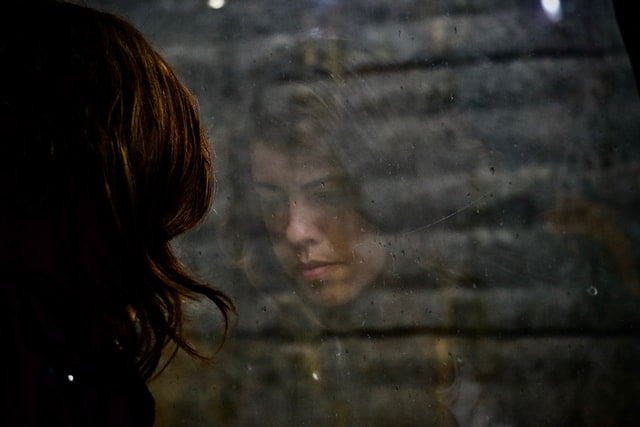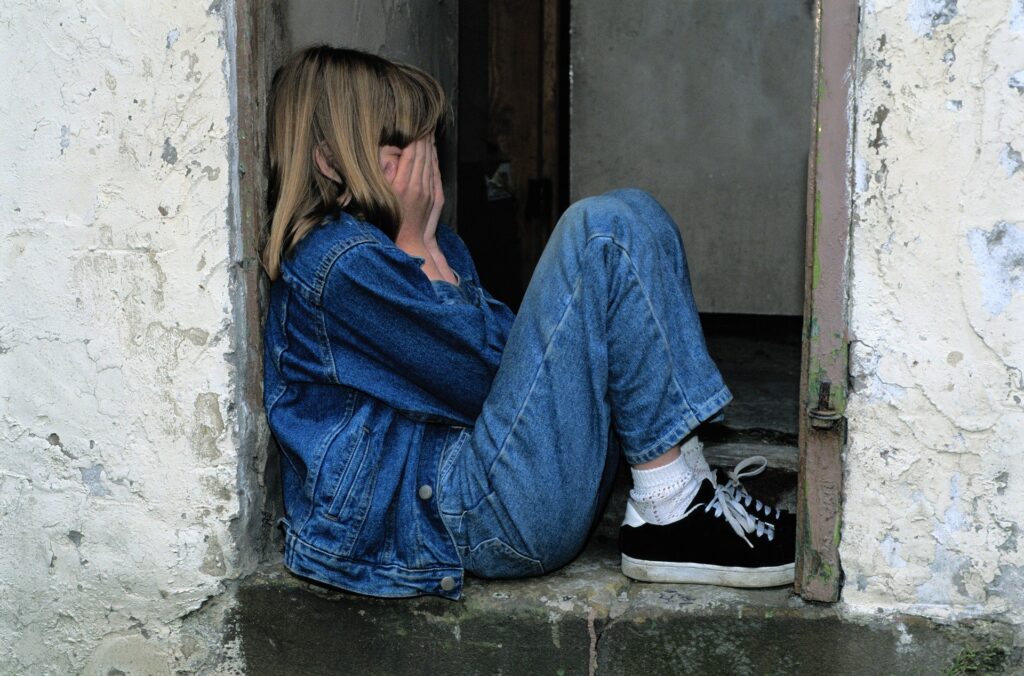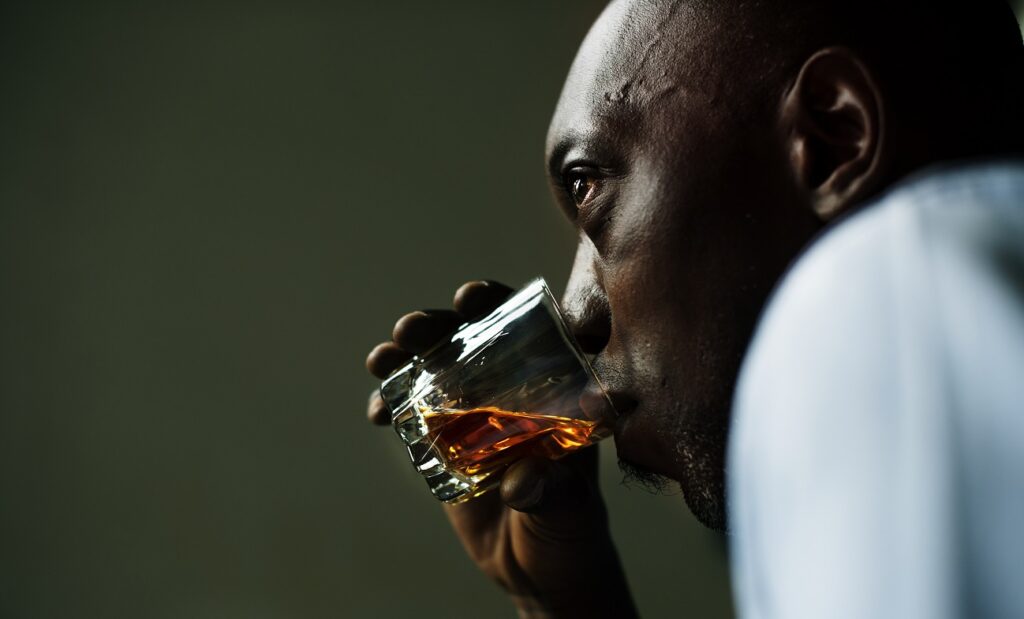- Home
- Addiction Treatment
- Dual Diagnosis
- Dual Diagnosis: Grief
Dual Diagnosis: Grief
There’s no right way to experience grief.
It’s a traumatic reality that all of us inevitably face.
While it’s considered healthy to process emotions and the experience of loss, this doesn’t always happen.
51% of bereaved people experience high or severe vulnerability in their grief.
There are stages of grief, different types of grief, and people can become emotionally stuck.
This is emphasised when people use drugs and alcohol to manage their grief, and eventually addiction develops.
There is support for people who find themselves in this situation.
Grief

Grief is a human state that is experienced in reaction to loss.
Bowlby, a famous psychologist who developed attachment theories, stated that grief is demonstrated where a person feels the loss of an attachment figure.
Commonly, people can experience this in relation to pets, caregivers, in relation to friendships or someone you love.
There are various ways that people process grief.

Some might have developed useful coping mechanisms, which allow them to process emotions in a healthy way.
Others might not be able to do this.
It’s not unusual for people to turn to alcohol when loss and grief hits.
Drugs and prescription medications might also be used.
This, of course, can have a significant impact on grief.
The Causes Of Grief

While people most likely think of death in relation to grief, it can also be experienced where other losses occur.
Causes of grief include:
- A job coming to an end
- Moving house/country
- End of a friendship
- End of relationship/divorce
- Family estrangement
- Loss through someone being imprisoned
- Loss of faith
- Injury and loss of physical or mental capacity
- Illness and disease
- Deterioration of health
- Death
What Grief Feels Like

The emotions and experience of grief can be overwhelming.
The depth of feelings and how they affect a person is an incredibly unique and yet a normal part of life.
Feelings around grief include:
- Overwhelming sadness
- Deep sorrow
- Feelings of rage
- Mood swings
- Fatigue
- Numbness
- Avoidance
- Feeling hopeless
- Feeling despair
- Being inconsolable
- Inability to focus
- Changes in appetite and eating
- Feeling fixated on particular things
At its most harrowing, grief can feel extremely emotionally disturbing.
This is especially so in the acute stage, early on, when the loss has just occurred and the shock or reality of loss strikes.
While grief eases with time, one is never truly the same as they were before the loss of someone they deeply loved.
The Stages Of Grief

Elisabeth Kubler Ross identified five stages of grief.
People tend to move through these after a loss.
Individually, there is no set time of how long a person “should” stay in one stage or how they should act.
However, there are helpful and unhelpful ways of managing, and some people do move through the stages more quickly than others.

The 5 stages of grief:
- Denial – This is where you experience shock. It’s common for people not to believe that a person has died and to imagine the person is still alive, that there has been a mistake.
- Anger – People tend to experience outbursts of anger, which might be sudden and inexplicable. The anger could sound like “Why me? Why him? Why her?” Some people might pick arguments or become angry at seemingly random objects.
- Bargaining – This is when people keep thinking about what they could have done differently. Thoughts tend to circulate around “what if” and “if I had”. This stage is a coping mechanism that allows people to feel hope where they’re feeling deep and severe emotional pain.
- Depression – This is the point where a person starts to accept what has happened and feel deeply upset by it. They might find it difficult to function normally.
- Acceptance – This is where people find a way of living with the loss that has occurred, although it doesn’t necessarily mean they’ll ever accept what has happened. That being said, it’s easy for people to slip back into one of the earlier stages and to move between different stages in a back-and-forth fashion.
When managed in a healthy way with helpful coping mechanisms, a person can heal and grow in self-awareness during the grieving process.
For some, it offers a space for great emotional, spiritual or philosophical change.
Types Of Grief

As distinct individuals with so many varying factors, it’s natural that people experience grief in different ways.
Isolation, mood disorders, and underlying mental health conditions can also exacerbate grief symptoms.
- Cumulative or grief overload can develop when more than one event has occurred.
- Delayed grief happens a while after the event and can present as panic.
- Inhibited grief is where people avoid facing grief and show no signs on the outside.
- Complicated grief as outlined below.
What Is Complicated Grief?

Complicated grief is significant especially in relation to people who develop substance use disorders around the loss.
It tends to last much longer than “normal” grief – a person might also never really recover.
This type of grief is sadly also linked to an increased risk of suicide.
Symptoms of complicated grief include:
- Rumination
- Nightmares and dreams
- Ongoing sorrow
- Inability to focus and function
- Depression
- Feelings that life is meaningless
- Withdrawal from the world
It’s process emotions to be aware that for people in addiction recovery, complicated grief is more likely to be present.
This is especially so where people might lose a loved one to substance use or to accidental overdose.
Grief And Addiction

While loss is a part of life, the experience of grief isn’t always given as much space and time to process as a person needs.
Society and the pressure of how we feel we “should” be and act can also make the processing of grief much more difficult to navigate.
It’s not unusual for people to turn to alcohol and drugs when loss and grief first occur.
People tend to use substances as a coping mechanism –a way to manage extreme and despairing thoughts.
This is known as self-medicating.
Addiction can develop within the experience of grief, however, when a person gets caught in the depression stage and repetitively uses substances to try and manage emotions.
While this might seem like a useful way to manage feelings and to relieve immediate pain, alcohol and drugs actually prolong the experience of grief and make it worse.
Grief And Alcohol Use Disorder

Alcohol is notoriously lent on when people are grieving.
It’s legal, easy to get hold of, and is a depressant which means a person can feel as if their intense emotions have been numbed.
It’s important to remember, however, that alcohol slows down the process of grief by blotting out the emotions.
While a person might not want to feel, the chemical and hormonal effects of alcohol exacerbate emotions and when the person sobers up and has to return to reality, things feel much worse.
What Is Dual Diagnosis?

A dual diagnosis is when you have both an addiction as well as another mental health condition.
It needs to be pointed out here that grief is natural when a person has experienced loss.
However, for some people grief can lead to the development of a mental health condition, such as a major depression or psychosis.
This is more likely where there is a genetic predisposition towards mental health issues.

If you were to enter rehab to treat an addiction that stemmed from the experience of grief then you might learn during the admissions process (when you undergo psychiatric assessment) that you also have a mental health condition.
This would be termed a dual diagnosis.
Where this happens, the staff will then tailor your rehabilitation treatment programme so that both the addiction and mental health condition are both addressed.
It’s important that you’re supported to recover in both areas.
Rehabilitation Treatment For Addiction And Grief

When you enter a private rehab clinic, you’ll be assessed so that staff understand what treatments will be best suited to you.
If you have developed a physical dependency to a substance such as alcohol or heroin, then you’ll begin with a 7-10 day detox where you’re safely weaned off the substance in a comfortable way.
You’ll likely be prescribed medications to help facilitate this.
If you’re identified as having a mental health condition, then you might also be prescribed medications to ease these symptoms too.
If you had depression, for instance, you might be prescribed SSRIs (selective serotonin reuptake inhibitors).
Therapies And Counselling

As well as this, you’ll participate in various therapeutic activities.
Cognitive Behavioural Therapy is especially helpful in supporting people to manage addiction and mental health conditions in healthy ways, as is Dialectical Behavioural Therapy.
Grief counselling will be offered to those who are still in the grieving process.
In this space you’ll find permission to heal and grow, and learn how to process emotions in relation to upsetting memories in healthy ways.
Rehabilitation programmes will also support you to identify and access a support system that includes family, friends and peer groups.
You’ll also take part in creative and meditative activities to help you understand how to sit with the feelings and manage your responses.
Getting Help Today

If you’re interested in finding out more about rehabilitation for addiction and grief, then contact Rehab Recovery today.
Our team can explain what rehab clinics are nearest to you and what would be most suitable.
Like grief, addiction can be extremely difficult to overcome – but you don’t have to face either alone.


